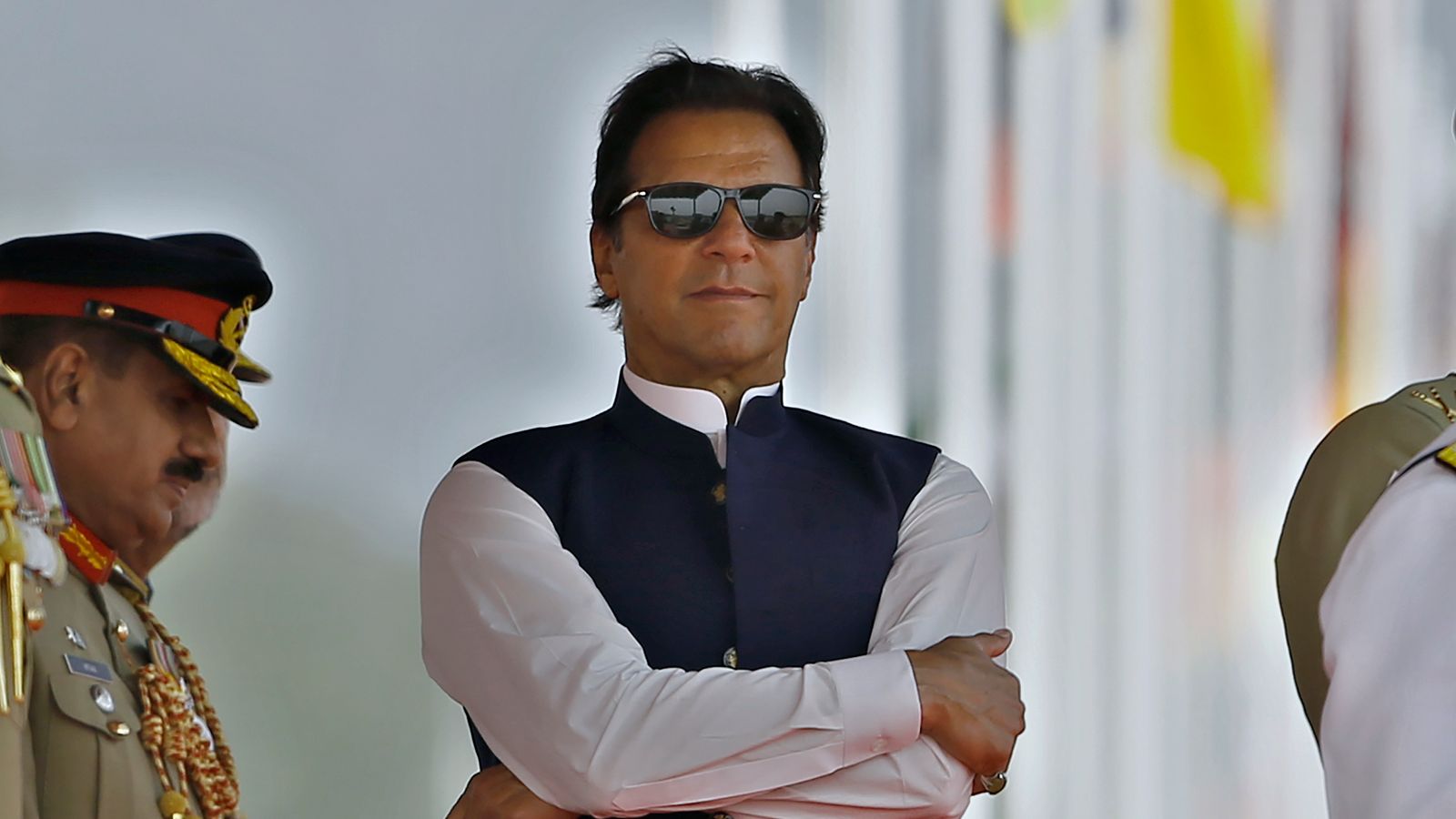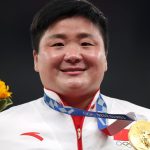The deputy speaker of Pakistan’s parliament has blocked a no-confidence vote in embattled prime minister Imran Khan, arguing it was unconstitutional.
The opposition immediately vowed to challenge the move, made by a member of the leader’s political party, while Mr Khan advised the country’s president to dissolve parliament and call elections.
The cricket star turned conservative Islamic politician who surged to power in 2018 but recently lost his parliamentary majority, had faced losing the critical vote after being abandoned by key allies and coalition partners.
A prominent newspaper had recently said Mr Khan was “as good as gone”, but he had urged his supporters to take to the streets ahead of the planned vote.
The latest developments threaten fresh political instability in the nuclear-armed country of 220 million people.
On the streets of the capital Islamabad, there was a heavy police and paramilitary presence, with shipping containers used to block off roads.
Mr Khan’s refusal to back down and fight on has led to comparisons with when he captained Pakistan’s cricket team to an unlikely victory in the 1992 World Cup after urging his team to “fight like cornered tigers” in a speech that has gone down in sporting history.
Pakistan: Death threats and dirty tricks not enough to deter Imran Khan ahead of no-confidence vote
Imran Khan: Tory press office failed to deal with allegations MP sexually assaulted teenage boy, court hears
Pakistan lynching: Imran Khan pledges severity with suspects after Sri Lankan man accused of blasphemy killed by mob
Bilawal Bhutto Zardari, head of the opposition Pakistan People’s Party (PPP), promised a sit-in at the parliament and said: “We are also moving to the Supreme Court today.”
The opposition had blamed Mr Khan for failing to revive the economy and tackle corruption.
Without providing evidence, he had claimed the move to oust him had been orchestrated by the US, a charge denied by Washington.
The opposition and analysts say Mr Khan, who rose to power on the back of military’s support, has fallen out with it, although he and the army reject this.
No prime minister has finished a full five-year term since independence from Britain in 1947, and generals on several occasions have ruled the country.






















